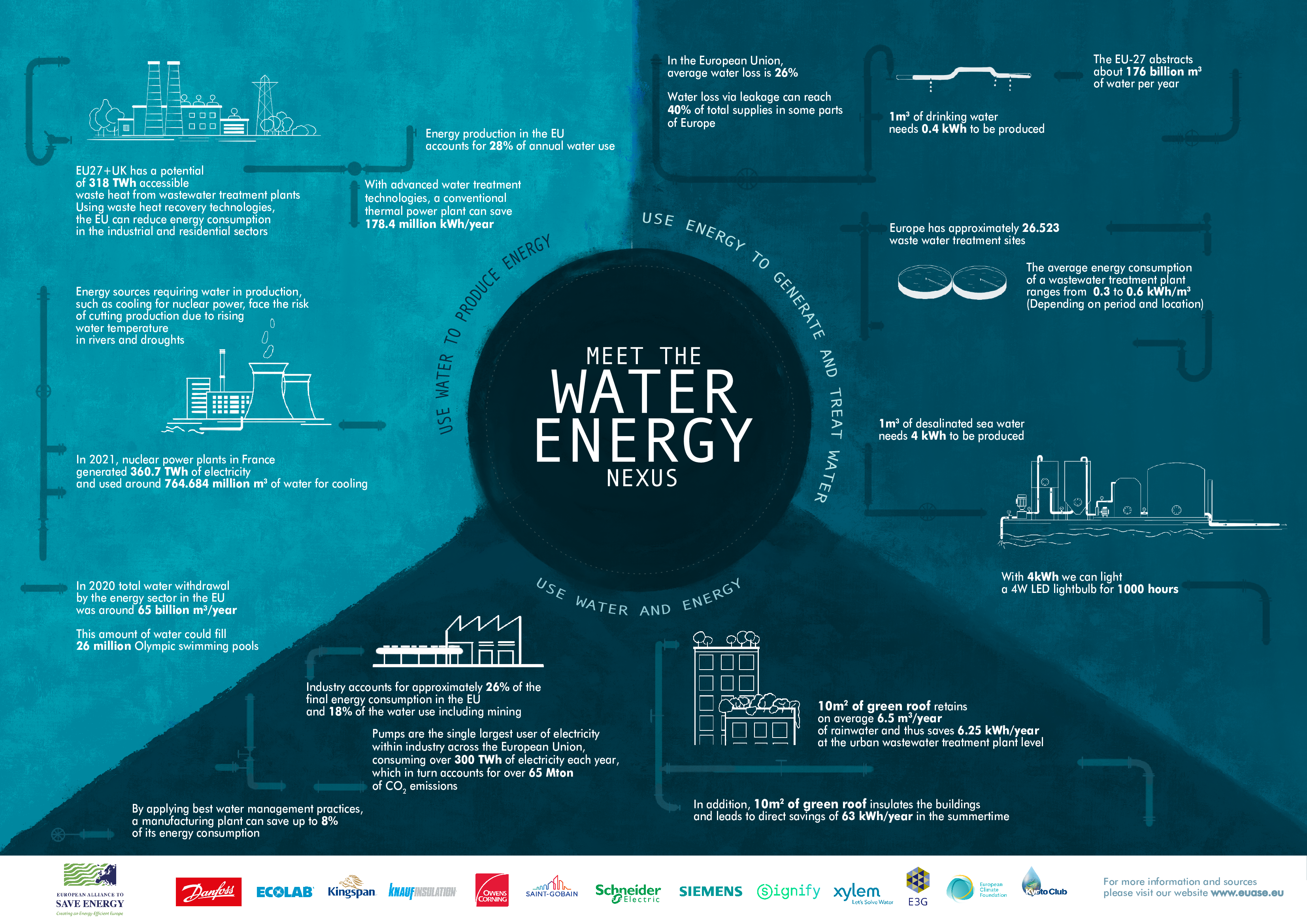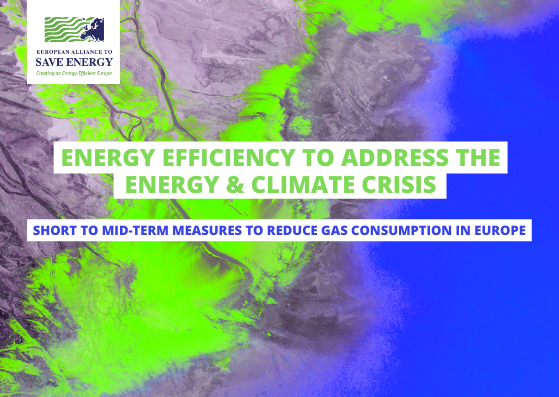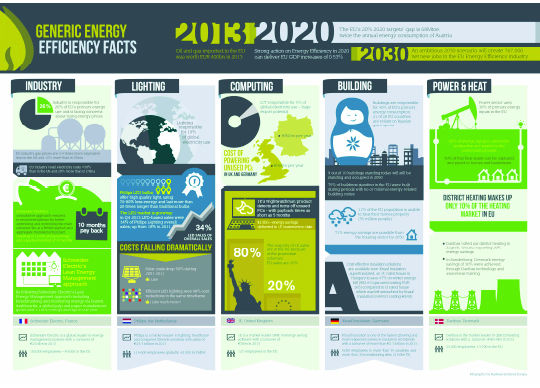Meet the Energy Efficiency Ecosystem

This infographic showcases the economic impact of the energy efficiency industrial ecosystem in the European Union.
The data highlight annual turnover, employment figures, and patent ownership, demonstrating the significant contribution that energy-efficient industries provide to the European economy.
As the Clean Industrial Deal takes shape, recognizing the scale of this ecosystem is key. Energy-efficient industries play a crucial role in driving economic growth, creating jobs, fostering innovation, and increasing Europe’s industrial competitiveness while advancing sustainability.
In a fast-changing political and economic environment, 2025 was a year of continued efforts to strengthen security, stability, and competitiveness for European businesses.
Throughout the year, our work demonstrated that energy efficiency is not only essential to achieving climate goals, but also a key driver of innovation, energy independence and sustainable long-term growth across Europe.
Strong engagement with policymakers, combined with the successful organisation of the 4th European Energy Efficiency Day, highlighted the importance of collaboration and dialogue in advancing shared objectives. Partnerships across sectors and institutions remained central to delivering impact and shaping effective energy policies.
Looking ahead to 2026, we will intensify our efforts to secure the regulatory certainty that can accelerate the energy transition, while providing businesses with the investment confidence they need and strengthening Europe’s competitiveness.
Read the full Activity Report here.





